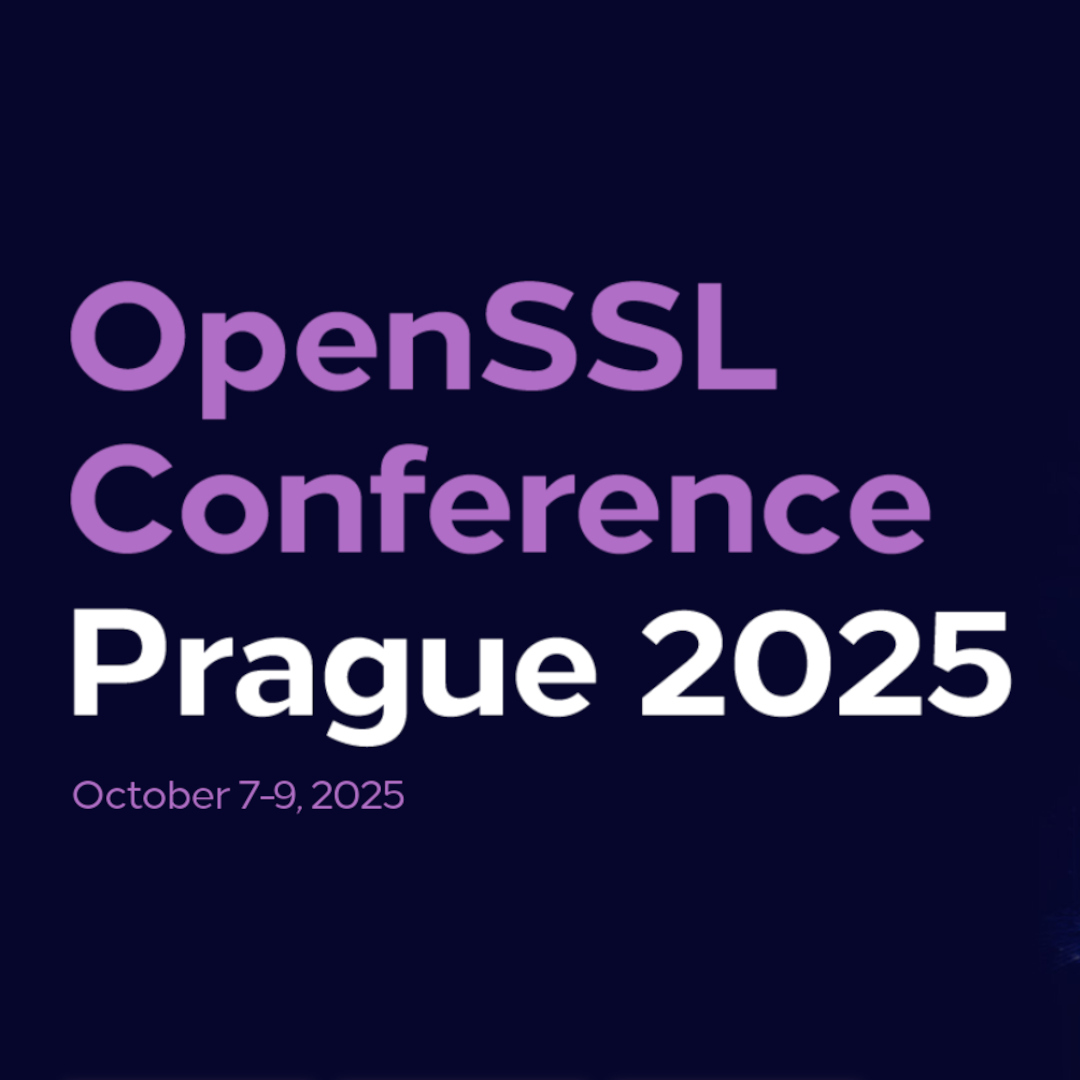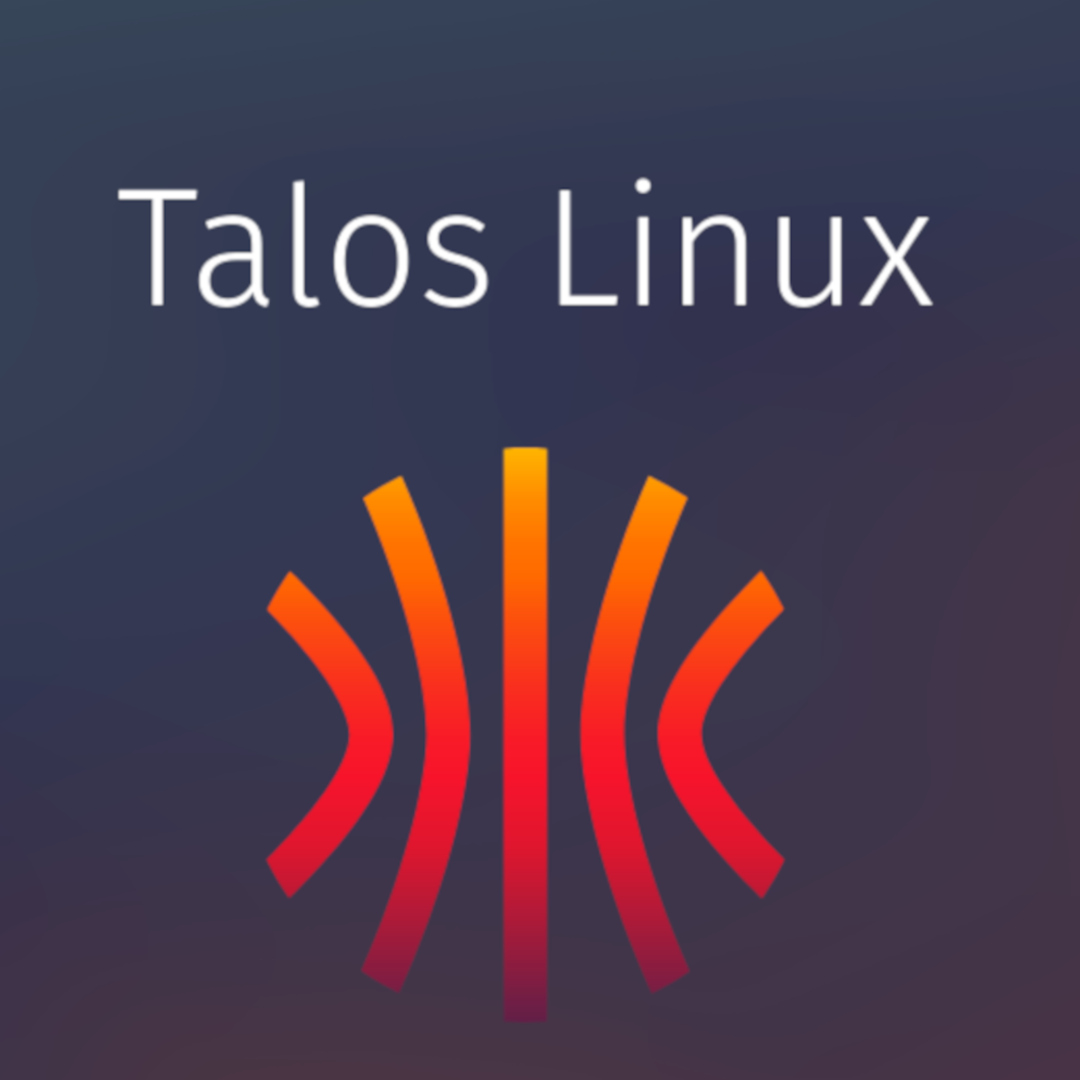Discover Open Source Security
Open Source Security

Open Source Security
Author: Josh Bressers
Subscribed: 819Played: 29,681Subscribe
Share
© This work is licensed under the Creative Commons Attribution 4.0 International License. To view a copy of this license, visit http://creativecommons.org/licenses/by/4.0/ or send a letter to Creative Commons, PO Box 1866, Mountain View, CA 94042, USA.
Description
Open Source Security is a media project to help showcase and educate on open source security. Our goal is to give the community a platform educate both developers and users on how open source security works.
There's a lot of good work happening that doesn't get attention because there's no marketing department behind it, they don't have a developer relations team posting on LinkedIn every two hours. Let's focus on those people and teams then learn what they do and how they do it. The goal is to hear from the people doing the work, they know what's up, they have a lot to teach us. We just have to listen.
There's a lot of good work happening that doesn't get attention because there's no marketing department behind it, they don't have a developer relations team posting on LinkedIn every two hours. Let's focus on those people and teams then learn what they do and how they do it. The goal is to hear from the people doing the work, they know what's up, they have a lot to teach us. We just have to listen.
503 Episodes
Reverse
Josh chats with Charlie Erickson, a security researcher at Aikido Security. We discuss the recent NPM supply chain attacks that affect hundreds of packages. Charlie shares his experiences dealing with recent security breaches, the challenges of maintaining trust in open source software, and the importance of proactive measures to safeguard open source. The rapid pace of change is impacting our security practices and what steps can be taken to foster resilience in the face of evolving threats. The show notes and blog post for this episode can be found at https://opensourcesecurity.io/2025/2025-11-npm-charlie/
In this episode, Josh and Otto dive into the world of Debian packaging, exploring the challenges of supply chain security and the importance of transparency in open source projects. They discuss Otto's blog post about the XZ backdoor and how it's a nearly impossible attack to detect. Otto does a great job breaking down an incredibly complex problem into understandable pieces. The show notes and blog post for this episode can be found at https://opensourcesecurity.io/2025/2025-11-xz-debian-otto/
In this conversation, Josh speaks with Mikael Barbero, head of security at the Eclipse Foundation. They discuss the foundation's role in enhancing the security posture of open source projects, the importance of Software Bill of Materials (SBOMs), and the various security services provided to projects. Mikael explains the challenges and strategies involved in implementing security best practices across a diverse range of projects, as well as the foundation's proactive approach to navigating security regulations and compliance. This is some great security work happening for open source projects. The show notes and blog post for this episode can be found at https://opensourcesecurity.io/2025/2025-10-eclipse-sbom-mikael-barbero/
I chat with Joshua Rogers about a blog post he wrote as well as some bugs he submitted to the curl project. Joshua explains how he went searching for some AI tools to help find security bugs, and found out they can work, if you're a competent human. We discuss the challenges of finding effective tools, the importance of human oversight in triaging vulnerabilities, and how to submit those bugs to open source projects responsibly. It's a very sane and realistic conversation about what AI tools can and can't do, and how humans should be interacting with these things. The show notes and blog post for this episode can be found at https://opensourcesecurity.io/2025/2025-10-ai-joshua-rogers/
Brian Fox discusses the challenges and future of open source package repository infrastructure. We discuss the complexities of managing public registries, the impact of overconsumption, and the importance of sustainable practices in the open source community. Brian tells us how organizations can reduce their footprint and contribute to a more balanced ecosystem. The package repositories cannot continue to be the world's CDN. The show notes and blog post for this episode can be found at https://opensourcesecurity.io/2025/2025-10-sustaining-repos-brian-fox/
Join us for a conversation with Foxboron (Morten Linderud) and Anthraxx (Levente Polyak), members of the Arch Linux security team. We talk about the difficulties of maintaining a Linux distribution, the challenges of handling CVEs, and the dedication of volunteers who keep the open-source community working (and how overworked those volunteers are). We explain what makes Arch a little different, how they approach their security process, and what sort of help they would love to see in the future. The show notes and blog post for this episode can be found at https://opensourcesecurity.io/2025/2025-09-arch-foxboron-anthraxx/
I discuss all things OpenSSL with Hana Andersen and Anton Arapov from the OpenSSL Corporation. Discover the intricacies of organizing the first-ever OpenSSL conference in Prague, the importance of post-quantum cryptography, and the evolution of OpenSSL from a small team to a global community. Whether you're a seasoned cryptographer or just curious about the future of secure communications, this episode offers insights and stories. Don't miss out on learning how OpenSSL is still shaping the future of cryptography. The show notes and blog post for this episode can be found at https://opensourcesecurity.io/2025/2025-09-openssl-hana-anton/
In this episode I discuss the Python Software Foundation with Deb Nicholson. We discuss their contributions to the Python programming community. Learn how this dedicated organization supports the growth and innovation of Python, fostering an ecosystem for developers worldwide. Everything funding open-source projects to organizing community events, discover the initiatives that make the Python Software Foundation a force for positive change in the tech world. The show notes and blog post for this episode can be found at https://opensourcesecurity.io/2025/2025-09-psf-deb-nicholson/
In this episode, we the information system mapping tool Mercator with Didier Barzin, a CISO at a hospital in Luxembourg. Discover how Mercator revolutionizes the way organizations map their complex information systems. From hospitals to universities and even the banking sector. Mercator helps manage and protect vast networks by creating dynamic, comprehensive maps that replace outdated Excel sheets. Join us as we explore the challenges and innovations in information security and the impact of Mercator on various industries. The show notes and blog post for this episode can be found at https://opensourcesecurity.io/2025/2025-09-mercator-didier-barzin/
In this episode, I discuss into the security features of Talos Linux with Andrey Smirnov. Andrey explains how Talos focuses on its immutability and minimal attack surface. Discover how these enhancements fortify your systems against vulnerabilities, ensuring a secure and resilient infrastructure. Join us as we explore the security advancements that make Talos Linux not only a super easy way to run Kubernetes, but also a very secure way. The show notes and blog post for this episode can be found at https://opensourcesecurity.io/2025/2025-09-talos-andrey-smirnov/
In this episode I chat with the authors of a recent paper on open source security: Open Source, Open Threats? Investigating Security Challenges in Open-Source Software. I chat with Ali Akhavani and Behzad Ousat about their findings. There are interesting data points in the paper such as a 98% increase in reported vulnerabilities compared to a 25% growth in open source ecosystems. We discuss the challenges of maintaining security in a rapidly expanding digital landscape, and learn about the role of community engagement and automated tools in addressing these discrepancies. It's a great paper and a fantastic discussion. The show notes and blog post for this episode can be found at https://opensourcesecurity.io/2025/2025-08-oss-threats-ali-behzad/
In this episode we discuss crates.io trusted publishing with Tobias Bieniek. We cover the steps crates.io is taking to enhance supply chain security through trusted publishing, a method that leverages short-lived tokens and GitHub actions to safeguard against unauthorized access. Tobias shares insights into the challenges of managing a large-scale open-source repository, offering a glimpse into the future of secure software distribution. Tune in to learn how these advancements are shaping the landscape of open-source development. The show notes and blog post for this episode can be found at https://opensourcesecurity.io/2025/2025-08-cratesio-trusted-publishing-tobias/
In this episode I chat with Patrick Garrity from VulnCheck. We discuss the chaos that has enveloped the CVE and NVD programs over the past two years. We cover some of the transparency and communication challenges with the existing program. What some of the new things that have started to emerge as well as why they seem to be struggling. We end on the note that the last 3 months haven't been confidence inspiring. It's likely in 6 months everyone will be scrambling to deal with a difficult situation. The show notes and blog post for this episode can be found at https://opensourcesecurity.io/2025/2025-08-cve-patrick-garrity/
In this episode I discuss GCVE and Vulnerability-Lookup with Alex and Cedric from CIRCL. GCVE offers a decentralized approach, allowing organizations to assign their own IDs and publish vulnerabilities independently. Vulnerability-Lookup is the tool that makes GCVE a reality. The flexibility addresses many of the limitations we see today with a single centralized ID system. The work happening by CIRCL on GCVE is very impressive, with all the current CVE turmoil, this is a project we should all be paying attention to. The show notes and blog post for this episode can be found at https://opensourcesecurity.io/2025/2025/2025-08-gcve-cedric-alex/
In this episode, we dive into the Product Liability Directive and Cyber Resilience Act with Daniel Thompson, CEO of Crab Nebula. The EU's new legislative framework impacts manufacturers in ways we don't totally understand, but are going to bring substantial changes to how companies use and develop open source. Daniel explains the broader implications for software security and the future of digital products in the European market. The show notes and blog post for this episode can be found at https://opensourcesecurity.io/2025/2025-07-eu-regulations-daniel-thompson/
In this episode Jan Pleskac, CEO and co-founder of Tropic Square, shares insights on the challenges and innovations in creating open and auditable hardware. While most hardware is very closed, Tropic Square is working to change this. WE discuss how open source can enhance security, the complexities of integrating third-party technologies, and the future of secure computing devices. The show notes and blog post for this episode can be found at https://opensourcesecurity.io/2025/2025-07-open-source-microprocessors/
I'm joined by Philippe Ombredanne, creator of the Package URL (PURL), to discuss the surprisingly complex and messy problem of simply identifying open source software packages. We dive into how PURLs provide a universal, common-sense standard that is becoming essential for the future of SBOMs and securing the software supply chain. The show notes and blog post for this episode can be found at https://opensourcesecurity.io/2025/2025-06-purl-philippe-ombredanne/
Thomas DePierre joins Open Source Security to discuss the central idea from his blog post, "You are all on the hobbyist maintainers turf now," exploring the massive disconnect between the corporate world that consumes open source and the hobbyist community that actually produces it. The conversation reveals this isn't a new problem, but a long-standing reality whose consequences for security, stability, and the future of software we are only now beginning to truly confront. The show notes and blog post for this episode can be found at https://opensourcesecurity.io/2025/2025-06-hobbyist-thomas-depierre/
I chat with Aaron Lippold, creator of MITRE's Security Automation Framework (SAF), to discuss how to escape the pain of manual STIG compliance. We explore the technical details of open-source tools like InSpec, Heimdall, and Vulcan that automate validation, normalize diverse security data, and streamline the entire security authoring process. The show notes and blog post for this episode can be found at https://opensourcesecurity.io/2025/2025-06-stig-automation-aaron-lippold/
I recently chatted with Andrew Nesbitt about his project, Ecosyste.ms. Ecosyste.ms catalogs open source projects by tracking packages, dependencies, repositories, and more. With this dataset Andrew is able to incredible insights into the world of open source. We chat all about how Ecosyste.ms works and how he manages to wrangle all this data. The show notes and blog post for this episode can be found at https://opensourcesecurity.io/2025/2025-06-ecosystems_andrew_nesbitt/

























Open Source Security is crucial in today’s digital landscape. On a different note, if you're planning to travel, you might want to check Faisal ticket prices for affordable options.
The increase in SASSA social grants and the SRD extension till 2025 will bring much-needed relief to struggling families. It's encouraging to see continued support during tough economic times. Let’s stay updated through trusted platforms like SASSA Grant Check. Let’s Visit here https://sassagrantcheck.co.za/srd-sassa-social-relief-distress-grant/
website
Just like checking your SRD status gives clarity on your grant, projects like Open Source Security bring transparency to the developer world. It’s all about giving power to the people doing the real work—whether it’s writing secure code or waiting for vital updates. https://statuscheck.web.za/
The SRD grant supports economic activity at a grassroots level. When beneficiaries spend their grants in local shops and markets, it stimulates small-scale businesses and contributes to local economic growth. The grant’s wide reach and simplicity make it an essential component of South Africa's social protection system by https://srdsassagov.co.za/ https://srdsassagov.co.za/ .